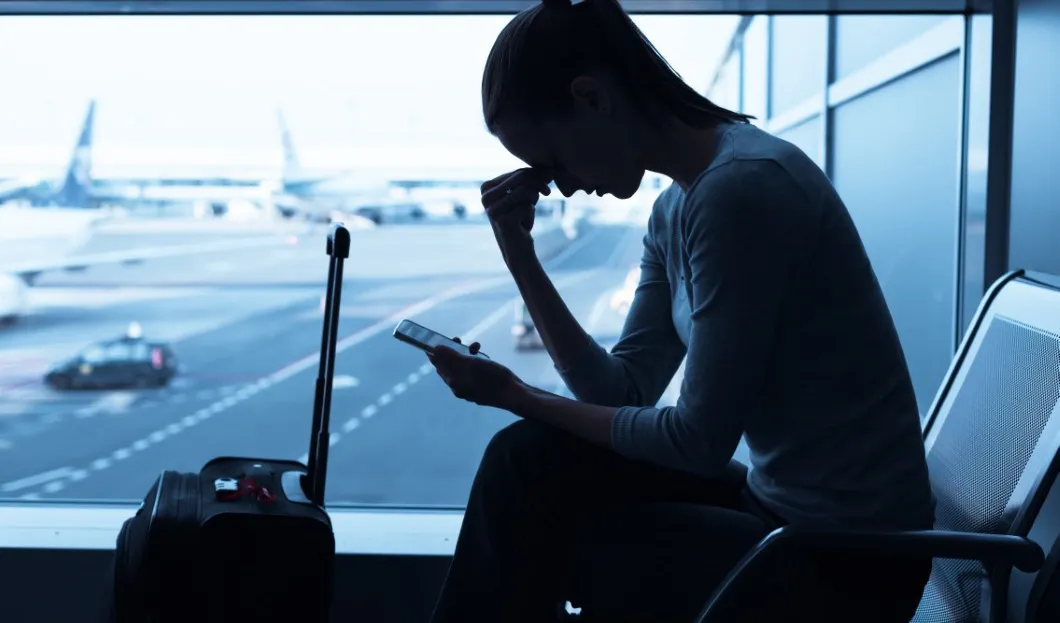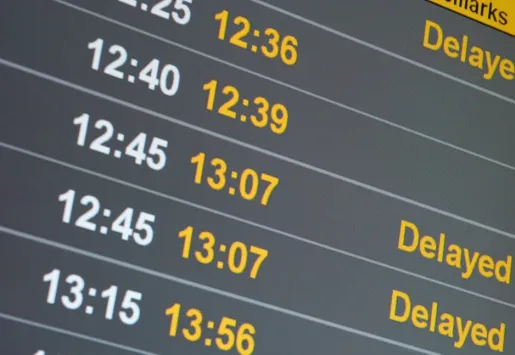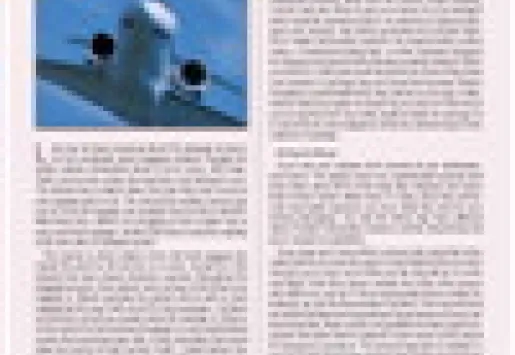
The European Union intends to redefine the terms of EU Directive 261/2004 which governs the compensation paid in the event of flight delays or cancellations. Airlines would be the big winners, to the detriment of consumers.
The news goes almost unnoticed. However, it risks changing the situation for the 900 million European air passengers. According to two consumer associations, the Federation of German Consumer Organizations and the Association of Passenger Rights Advocates (APRA), which were the first to sound the alarm, the European Union wants to review the rules of EU Directive 261/2004 on the rights of air passengers.
This regulation governs the compensation paid by airlines in the event of flight delays or cancellations. The directive now provides a flat-rate compensation ranging from €250 to €600, depending on the distance travelled, in the event of a delay of more than 3 hours on arrival at the final destination. On the initiative of the Croatian presidency, the European Union now intends to relax these conditions which would benefit the airlines. On 30th January, the Croatian presidency discretely passed on its "guiding principles aimed at guiding future discussions" to national delegations. The text is expected to be officially presented in June.
In practice, passengers would no longer be compensated in the event of a delay of more than 3 hours, but only if this delay exceeds 5 hours for flights over 3,500 kilometers. For flights covering a distance of up to 6,000 kilometers, the right of compensation could only be opened after a delay of 9 hours. Beyond that, the delay threshold would be raised to 12 hours. This is enough to significantly reduce the number of cases to compensate. It is a change that is not trivial, when almost 16.5 million EU passengers suffered flight delays in 2018, according to a study by the European Commission.
In the absence of media hype, consumer associations are trying to mobilize consumers. Sites specializing in passenger compensation are also taking a stance, like AirHelp, which risks losing most of its turnover. "According to our calculations, almost 80% of passengers could lose their rights!" explains Agnès Andes, Senior Social Advertising Manager at AirHelp. The showdown between airlines and consumers has begun.














